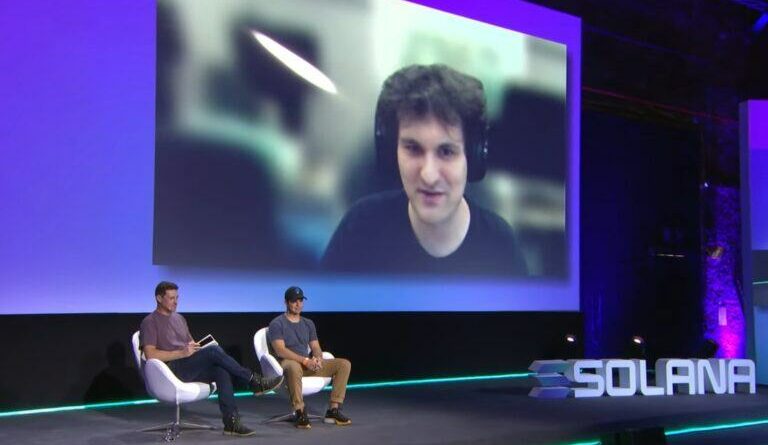FTX CEO Sam Bankman-Fried on Ethereum Rivals Solana ($SOL) and Avalanche ($AVAX)
Recently, FTX Co-Founder and CEO Sam Bankman-Fried (aka “SBF”) shared his thoughts on what he feels are two of the most promising blockchains (if we set aside Bitcoin and Ethereum) this year.
According to his bio, before FTX, SBF was “a trader on Jane Street Capital’s international ETF desk”, where he “traded a variety of ETFs, futures, currencies, and equities, and designed their automated OTC trading system.” He “graduated from MIT with a degree in physics.”
His comments about Solana and Avalanche came during a very interesting interview on the first episode of our Decrypt’s premium podcast, gm from Decrypt.
According to a report by Decrypt published on Tuesday (January 18), here is what SBF said about Solana ($SOL), which he has long been a strong supporter of:
“It has done something that very few chains have even thought about trying to do, which is scale… They’re one of the only chains that has a real plausible path forward here in scaling to the level you would need to get to if you wanted industrial-scale usage.“
As for Avalanche ($AVAX), SBF had this to say:
“It’s a real chain, it’s a cool chain, the team knows their shit, and has been putting a ton of work into it… I think that there’s a world in which it gets absolutely huge.“
Decrypt says that during their extensive interview with SBF, he also talked about “wrapper” projects, such as Wrapped Bitcoin ($WBTC):
“Wrappers in general are probably going to keep growing over time… As you have a divergence between the chains that have the skill to handle the activity that’s being asked of them, versus the chains that the value lives on, you sort of have no choice but to dive deeper and deeper into wrapped assets.“
Disclaimer
The views and opinions expressed by the author, or any people mentioned in this article, are for informational purposes only, and they do not constitute financial, investment, or other advice. Investing in or trading cryptoassets comes with a risk of financial loss.
Source: Read Full Article


